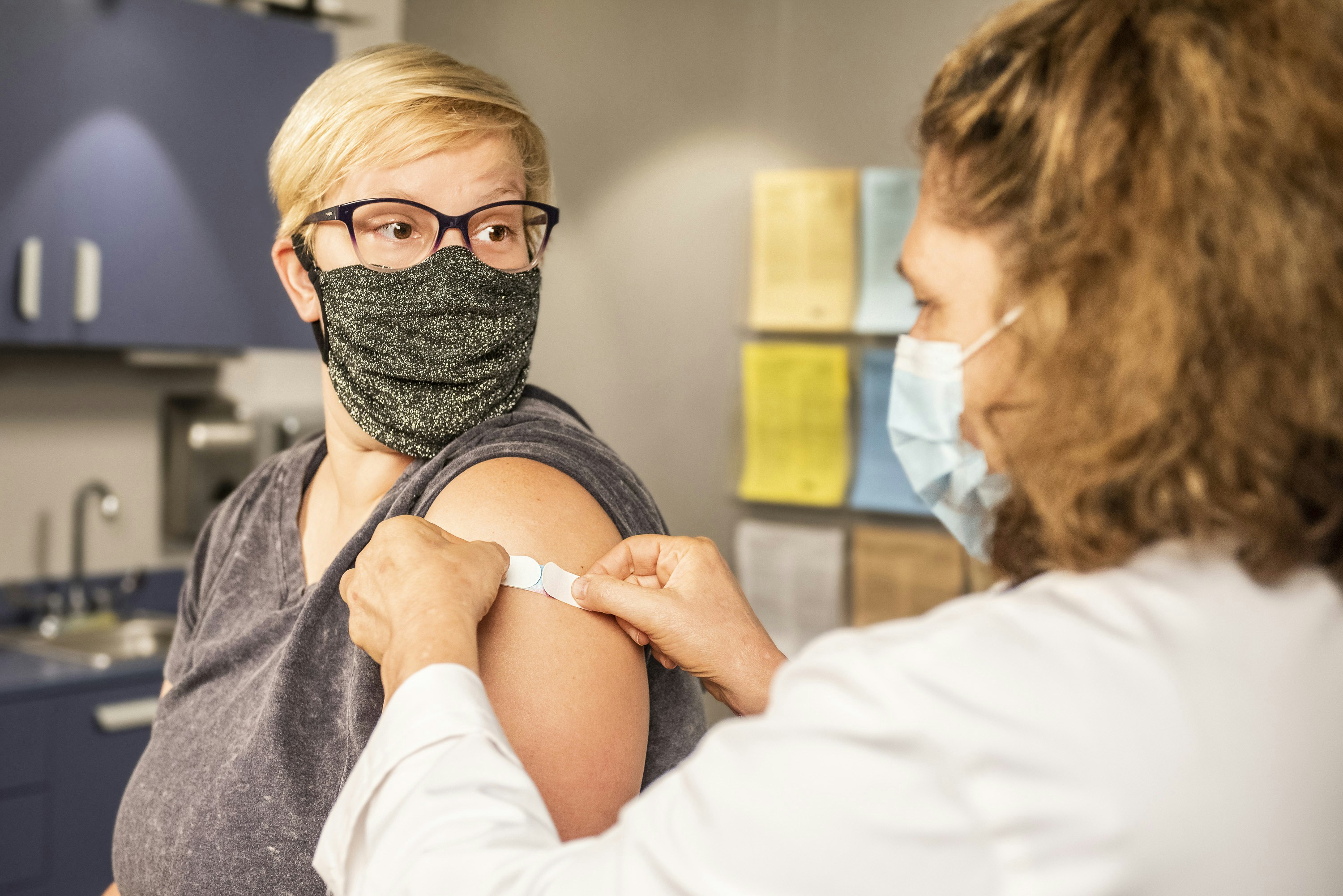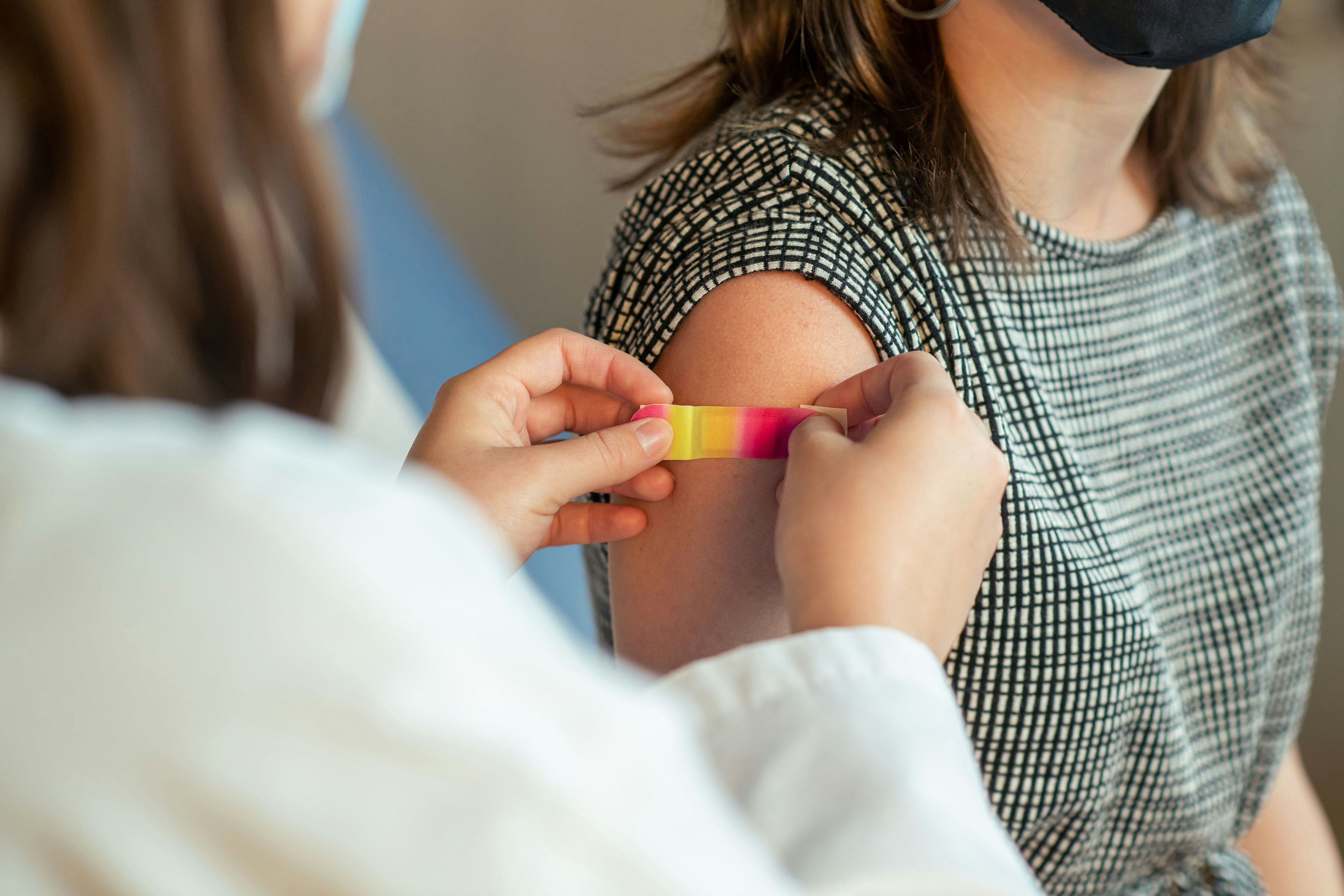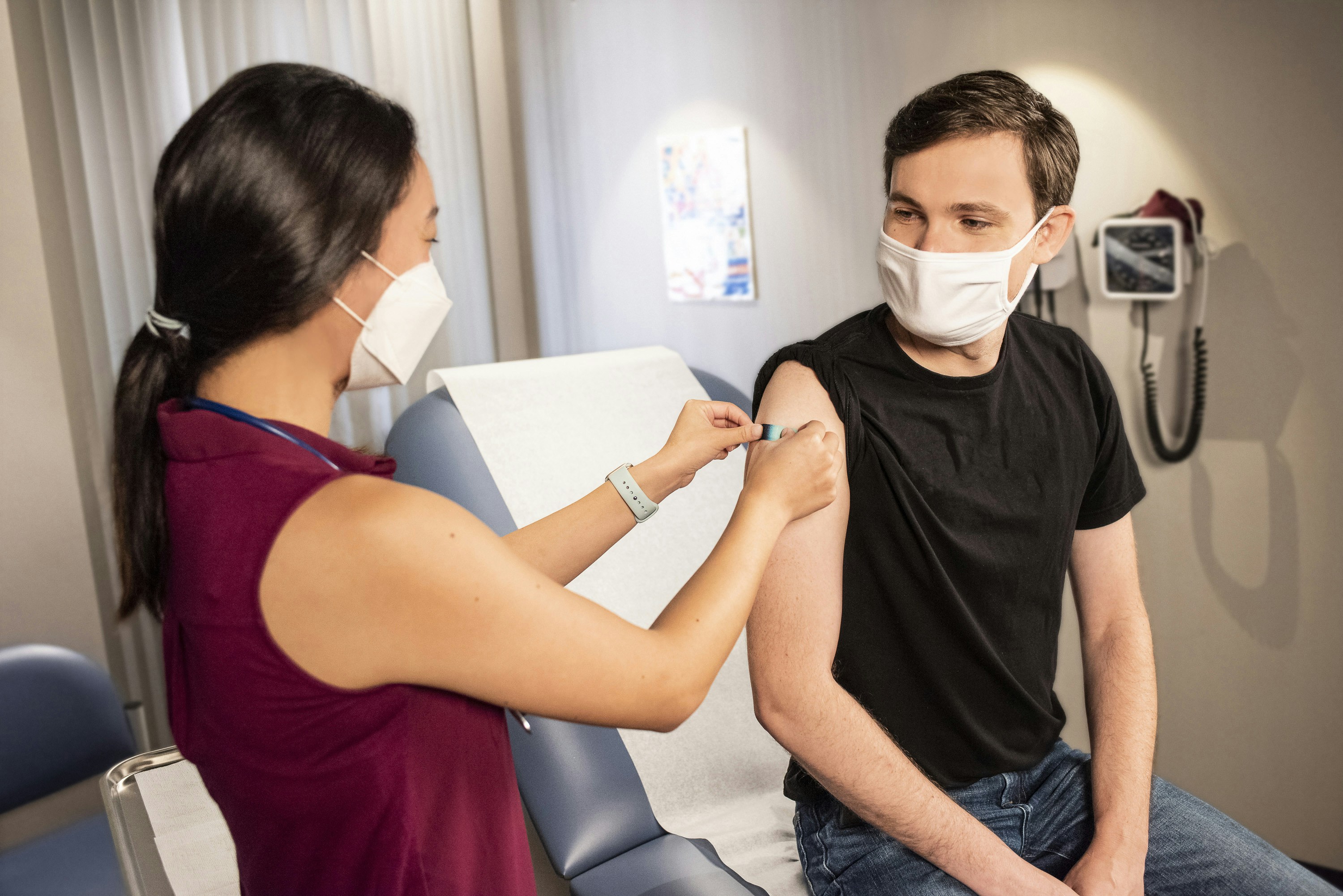You already wear earplugs at concerts and keep the volume sensible. Here’s a quieter hero most of us overlook: vaccines. Several common infections can inflame or damage the inner ear and the nerves that carry sound—sometimes permanently. The easiest prevention isn’t high-tech. It’s staying up to date on a handful of shots.
Why infections can steal your hearing
Viruses and bacteria don’t just give you fevers and sniffles. Some can trigger intense inflammation in the inner ear (labyrinthitis) or the auditory nerve (neuritis), starve fragile hair cells of oxygen during high fever, or cause fluid and pressure problems in the middle ear. The result can be:
- Sensorineural hearing loss (damage to inner ear or nerve), sometimes sudden
- Tinnitus (ringing, buzzing)
- Vertigo or imbalance
- Conductive hearing issues from ear infections and fluid
Not every infection leads to ear trouble—but a few are famous for it. The good news: we have safe, effective vaccines for many of the worst offenders.
The ear-protecting vaccines most adults should know
MMR (Measles, Mumps, Rubella)
Why your ears care: Mumps is a classic cause of sudden sensorineural hearing loss in one ear. Measles can inflame the inner ear, and rubella can cause devastating hearing loss in pregnancy (affecting the baby).
Who should consider it: If you were born in 1957 or later and never had MMR or lack evidence of immunity, talk to your clinician or pharmacist. Travelers and college students often need proof of immunity during outbreaks.
Hearing bonus: Community immunity lowers the chance of outbreaks that can lead to clusters of ear complications.
Shingles (Zoster) Vaccine
Why your ears care: Varicella-zoster virus (the chickenpox virus) can reactivate as shingles. If it hits the facial and ear area (Ramsay Hunt syndrome), it can cause facial weakness, ear pain, hearing loss, and sometimes persistent tinnitus.
Who should get it: Adults 50+ (and some younger adults with weakened immunity) are recommended to receive the recombinant zoster vaccine (two doses). Even if you’ve had shingles, vaccination can reduce future episodes.
Hearing bonus: Lower risk of zoster in and around the ear means lower risk of nerve-related hearing damage.
Influenza (Flu) Vaccine
Why your ears care: The flu can cause high fevers, middle-ear infections (otitis media), and—in rare cases—inner ear inflammation. Reducing flu also reduces secondary bacterial infections that follow in its wake.
Who should get it: Nearly all adults annually, especially those with chronic conditions, pregnant people, and adults 65+.
Hearing bonus: Fewer fevers, fewer sinus/ear complications, less time battling the kind of inflammation your cochlea hates.
Pneumococcal Vaccines (PCV20, PCV15/PPSV23)
Why your ears care: Streptococcus pneumoniae can cause meningitis and severe ear infections—both linked with hearing loss. Preventing invasive pneumococcal disease reduces the chance of cochlear and nerve injury.
Who should get it: Adults 65+ and younger adults with certain conditions (e.g., diabetes, heart/lung disease, immune compromise) per current CDC guidance. Options include a single PCV20 dose or PCV15 followed by PPSV23.
Hearing bonus: Lowered risk of meningitis—one of the most hearing-damaging infections we have.
COVID-19 Vaccines
Why your ears care: SARS-CoV-2 infection has been associated with audio-vestibular symptoms in some cases. Vaccination reduces the risk of severe illness, hospitalization, and complications that can spill over into ear and nerve health.
Who should get it: Follow current local/CDC recommendations for primary series and boosters based on age and risk.
Hearing bonus: Fewer severe infections, fewer chances for inflammation to reach the inner ear.
Meningococcal Vaccines (MenACWY, MenB)
Why your ears care: Meningococcal meningitis is fast, severe, and can damage hearing permanently.
Who should consider it: Travelers to certain regions, college students in dorms, military recruits, adults with specific medical conditions (like asplenia). Your clinician or travel clinic can advise.
Hearing bonus: Prevent a high-severity infection strongly linked to lasting auditory damage.
Hib (Haemophilus influenzae type b)
Why your ears care: Hib can cause meningitis. While Hib vaccination is standard in childhood, some unimmunized adults or those with defined medical risks may be advised to receive it.
Who should consider it: Adults with certain health conditions (e.g., asplenia) or pre-/post-splenectomy; ask your clinician.
Hearing bonus: Another layer of protection against meningitis-related hearing loss.
Travel plans? Your ears want a checklist
Before you hop on a long-haul flight or backpack across regions with different disease patterns, check your vaccine status. MMR, meningococcal, polio (in rare circumstances), and other region-specific vaccines may be recommended. A travel clinic can tailor advice to your itinerary—protecting both your itinerary and your inner ears.
Build your adult immunization plan in 15 minutes
- Pull your records. Old shot cards, patient portal downloads, pharmacist printouts—all helpful.
- Compare to the current CDC adult schedule. Use it as a roadmap for your age, health conditions, and lifestyle.
- Ask two pros: your primary care clinician and your pharmacist. Many vaccines are given right at the pharmacy, often the same day.
- Time it right. Flu shots are best before peak season; shingles shots are two doses separated by months; travel shots may need lead time.
- Expect mild side effects. Sore arm, brief fatigue, low-grade fever—signs your immune system is doing reps. Severe reactions are rare; your vaccinator will review safety.
Tip: Keep a simple note (in your phone or wallet) listing vaccine names and dates. Future you—and your ears—will thank you.
Myth-busting: Can vaccines cause hearing loss?
Large safety systems monitor vaccine effects 24/7. While isolated case reports exist with nearly every medical event under the sun, the best evidence does not show that routine adult vaccines increase the risk of hearing loss. In contrast, the infections they prevent—mumps, meningitis, shingles in and around the ear—have clear links to lasting hearing problems.
If you experience new hearing changes at any time—after an illness, after travel, or seemingly out of the blue—don’t wait. Sudden hearing changes, rapid-onset tinnitus, or spinning vertigo deserve prompt attention. An audiologist can test quickly and coordinate with an ENT if needed. Early care can make a real difference.
After an infection: your ears’ “check engine” lights
Even with vaccination, infections can happen. Call your clinician and consider a hearing check if you notice:
- One ear suddenly sounds muffled or different than the other
- A new, persistent ringing or roaring (tinnitus)
- Severe ear pain with rash or facial weakness (possible Ramsay Hunt—urgent)
- Vertigo or intense imbalance after a viral illness
- Repeated ear infections or long-lasting ear fullness
Gentle nudge: Hearing professionals aren’t just for hearing aids. Audiologists can measure subtle changes, track recovery, and advise on protection while you heal.
Quick matchmaker: which vaccine helps which ear risk?
- MMR: Lowers risk of mumps- and measles-linked inner ear damage
- Shingles (Zoster): Lowers risk of Ramsay Hunt syndrome and nerve injury near the ear
- Influenza: Lowers fevers and secondary ear infections
- Pneumococcal: Lowers meningitis and severe otitis media risk
- Meningococcal/Hib: Lowers meningitis risk tied to permanent hearing loss
- COVID-19: Lowers severe disease and inflammatory complications
None of these vaccines replace smart noise habits, healthy blood pressure, or good ear hygiene. But they remove several major infectious threats to your hearing with a couple of quick appointments.
The take-home
Your ears don’t need you to memorize immunology. They just need you to keep your shots current. That small act cuts the odds of the infections most likely to rattle the fragile machinery of hearing. If you’re unsure where you stand today, pop into your pharmacy or message your clinician. And if your hearing ever changes suddenly, loop in an audiologist promptly—fast testing plus medical care gives you the best odds for a full return to the sounds you love.
Further Reading
- Shots That Shield Your Ears: Vaccines That Quietly Protect Hearing (Prevention) - Shots That Shield Your Hearing: The Vaccines Quietly Protecting Your Ears (Prevention) - Your Blood Pressure Talks to Your Ears: The Heart–Hearing Connection You Can Improve Today (Hearing Loss) - Diabetes and Your Hearing: What High Blood Sugar Does to Your Ears (and How to Protect Them) (Hearing Loss)Frequently Asked Questions
Can vaccines cause hearing loss or tinnitus?
High-quality safety data have not shown an increased risk of hearing loss from routine adult vaccines. In contrast, several vaccine-preventable infections—like mumps, meningitis, and shingles affecting the ear—are well-known causes of hearing loss and tinnitus. If you notice new hearing changes at any time, regardless of cause, seek prompt evaluation from an audiologist and your medical clinician.
I’m 55 and healthy. Which vaccines help protect my hearing the most?
For many adults in their 50s, the shingles (zoster) vaccine is key because it lowers the risk of Ramsay Hunt syndrome near the ear. Annual flu shots reduce ear complications from influenza. Make sure you’re immune to MMR, and ask your clinician about pneumococcal vaccination when you reach 65 or earlier if you have certain health conditions. Follow local guidance for COVID-19 boosters.
I had shingles already. Do I still need the shingles vaccine?
Yes—adults are generally advised to get the recombinant shingles vaccine even after a prior shingles episode. It reduces the chance of another episode and complications. Your clinician can confirm timing based on when you recovered.
Do I need meningococcal or Hib vaccines as an adult?
Most adults don’t unless they have specific risks (such as certain medical conditions, travel to high-risk regions, or living in communal settings like dorms). If you fall into these groups, these vaccines can reduce meningitis risk—a major cause of permanent hearing loss. A travel clinic or primary care clinician can tailor advice.



